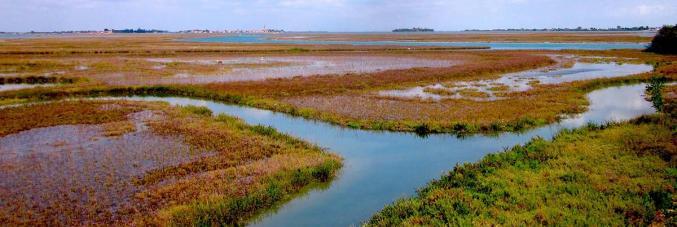
Oxygen in the ocean, a resource against climate change
19.07.2023
The study Oxygen dynamics in marine productive ecosystems at ecologically relevant scales explains that to better understand the effects of climate change in oceans we must consider the fluctuating levels of dissolved oxygen between day and night as water conditions pass from oxygen overabundance to scarcity in highly productive marine habitats. The work, recently published in Nature Geoscience, was conducted by an international research team coordinated by the independent researcher Folco Giomi, and Marco Fusi of the Joint Nature Conservation Committee (UK) also includes the research of Alberto Barausse, a professor in the Department of Biology at the University of Padua
Such fluctuations also occur across time and space (i.e. on microclimatic scales). These sharp oxygen fluctuations are important for ecosystems because they alter the ability of marine organisms to tolerate changes from heat stress and hypoxia (i.e. low oxygen levels) which have a significant impact on the biogeochemical cycles of carbon, nitrogen, and phosphorus.
The research underlines the frequent presence of day time hyperoxia in productive habitats, which occur under conditions in which the oxygen dissolved in water reaches levels far above the saturation levels equal to the air.
Prof Barausse explains, “The message of the study is positive, protecting coastal environments such as salt marshes, seagrass beds, and coral reefs means improving the resilience of marine ecosystems against the negative effects of climate change, such as heat waves.”



